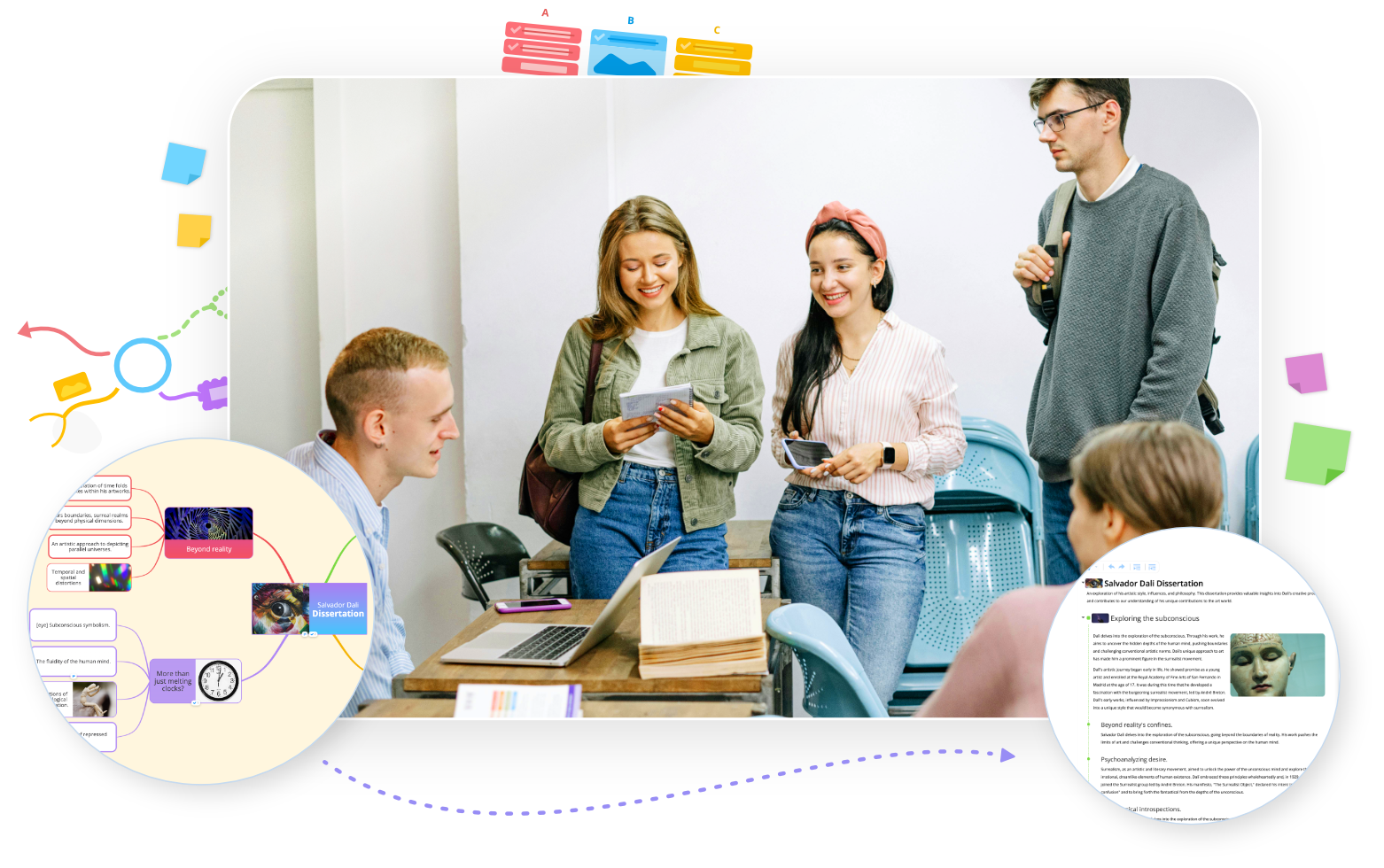Sunday 3rd March marks the start of Procrastination Week.
In our productivity-obsessed society, procrastination is the prevailing problem that just won’t quit. Every day, all around the world, people avoid doing their work. It’s a pain-point for many. More often than not, people don’t understand why they’re actually procrastinating, leading us to the ye olde complaint: “Why do I always leave things to the last minute?!”
With everyone painfully aware of the negative consequences of procrastination – how is it that we still so often end up falling victim to it?
Before we delve into this a little deeper, let’s first determine what we’re actually dealing with here. Procrastination is defined in the Oxford dictionary as ‘the action of delaying or postponing something’. That is to say – in the simplest terms – procrastination is the act of prioritizing something less important over something you know to be more important.
Of course, the variables and subjective nature of each situation play a part in why people procrastinate. Yet, generally speaking, there are four key things which inhibit the doing and fuel the avoiding. Understanding which of these four things is preventing you from getting on with your work is the first step to stopping your procrastination for good:
You’re worried you can’t do the task well
In other words, you don’t feel confident in your abilities. When we are worried we’re going to mess something up, we put off doing it. Our lack of confidence and fear of failure prevents our ability to act; hence, we begin procrastinating to avoid failing at the task we’ve been set.
How to overcome it: There are a number of ways you can try and tackle the self-doubt, and one of the most effective tactics is to just get started. Don’t let the fear of failure paralyze you into being bone idle. Getting started is actually the hardest thing to do, but once you’re over the hump you’ll likely find that you’ll swing into action.
It’s also worth remembering that you should never be afraid to ask for help. If you’re struggling with a task in work, your manager would always rather you be honest and ask for support, than have you ignore the problem until it’s too late.
The good news is that being able to identify that it’s your anxiety about completing that task that is slowing you down, is the first step to actually conquering it.
It’s a task you don’t enjoy doing
Okay, maybe this sounds obvious – but when you have to do a task that you don’t enjoy, you’ll do almost anything to avoid getting on with it. Even though you know – rationally – you’ll feel better for having gotten it over with, the irrational part of your brain (the part that likes instant gratification) has other ideas.
How to overcome it: It’s a fact of life that sometimes we have to do work and tasks that we don’t especially enjoy doing. Ironically, when it actually comes down to it, they usually aren’t as bad as we imagine. The real secret to getting on with a task you don’t enjoy is a matter of managing your time and energy. It expenses willpower to force your brain to focus and get on with less favorable work.
In his wildly popular book – Eat That Frog – Brian Tracy popularised the idea that to be as productive as possible you should do your frog task (i.e. the task that is hardest or most off-putting) first. This means you can spend the rest of your time doing the easier things which require less energy. Following this system will help you stop procrastinating and actually get on with work. After all, the harder the task, the greater the sense of achievement.
You’re tempted by the distractions around you
Our modern, tech-advanced world is full of distractions and interruptions. On average, it takes a person 25 minutes to refocus on a task after being distracted – that’s an especially long time when you consider how often notifications tempt us away from what we should be working on. The significance of these distractions is particularly prominent when one of the other four reasons for procrastinating is present, too. For example, if you don’t like the task you have to do and you’re surrounded by alternative methods of entertainment, you’re even more likely to start mindlessly scrolling through Twitter.
How to overcome it: The answer to overcoming the numerous distractions which surround you is actually pretty simple (at least in theory) – to avoid temptation, you should limit your distractions. Now, we know that trying to remove all distractions can be a very challenging task, but if you really want to get the work done it’s a necessary chore.
When your procrastination-hungry brain is just dying for a chance to turn its attention elsewhere, you need to starve it of temptation; close down your email, set your phone to silent, you can even go into an empty room if it’s necessary. Do this and remain disconnected and distraction-free so you can say no to procrastination and yes to task completion.
You have no sense of urgency
It’s the classic student dilemma – there are plenty of weeks until an essay deadline to start planning and writing, and yet, most students won’t begin work until deadline week hits. It’s far more difficult to find the motivation to knuckle down and focus on a task when it doesn’t have a strict time limit. Think about it, if you were given a task to do knowing that no one was going to check-in to see if you’d actually done it – would you do it? Really? With a deadline set far in the future, the consequences of not doing the work also feel far off. Urgency is a motivating source of energy.
The problem is, sometimes we need to get tasks done ahead of time, or, we have a delusional sense of time and continually repeat “I’ll start it tomorrow, I’ll start it tomorrow, I’ll start it tomorrow” – until tomorrow is the day before the deadline and you don’t have enough time to do your best work.
How to overcome it: You need to get into the habit of setting deadlines, and sticking to them! Having a clear due date will foster that sense of urgency needed to cure your procrastination. Being diligent and setting rewards for when you meet deadlines will all contribute to a better work ethic. Using a task management tool such as DropTask [Ayoa] gives you a new layer of accountability; set due dates and receive reminder emails to keep you on track.
Now you know the causes, you can combat the distraction and find your focus. Make procrastination a thing of the past by signing up to DropTask [Ayoa] for free – the only tool you’ll ever need to get each and every task done.






